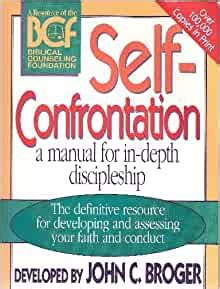A Quote by Elbert Hubbard
Reversing your treatment of the man you have wronged is better than asking his forgiveness.
Related Quotes
As you consider your own life, are there things that you need to change? Have you made mistakes that still need to be corrected? If you are suffering from feelings of guilt or remorse, bitterness or anger, or loss of faith, I invite you to seek relief. Repent and forsake your sins. Then, in prayer, ask God for forgiveness. Seek forgiveness from those you have wronged. Forgive those who have wronged you. Forgive yourself.





































